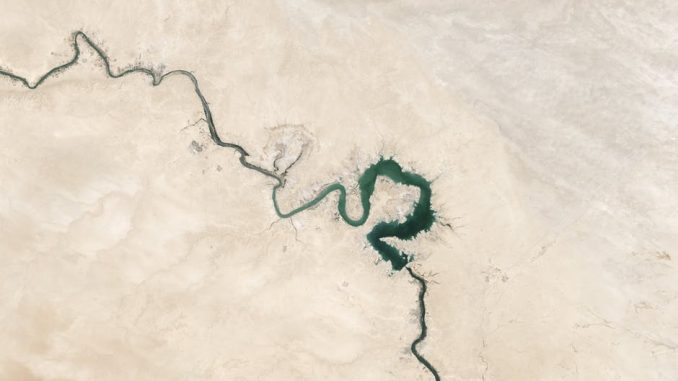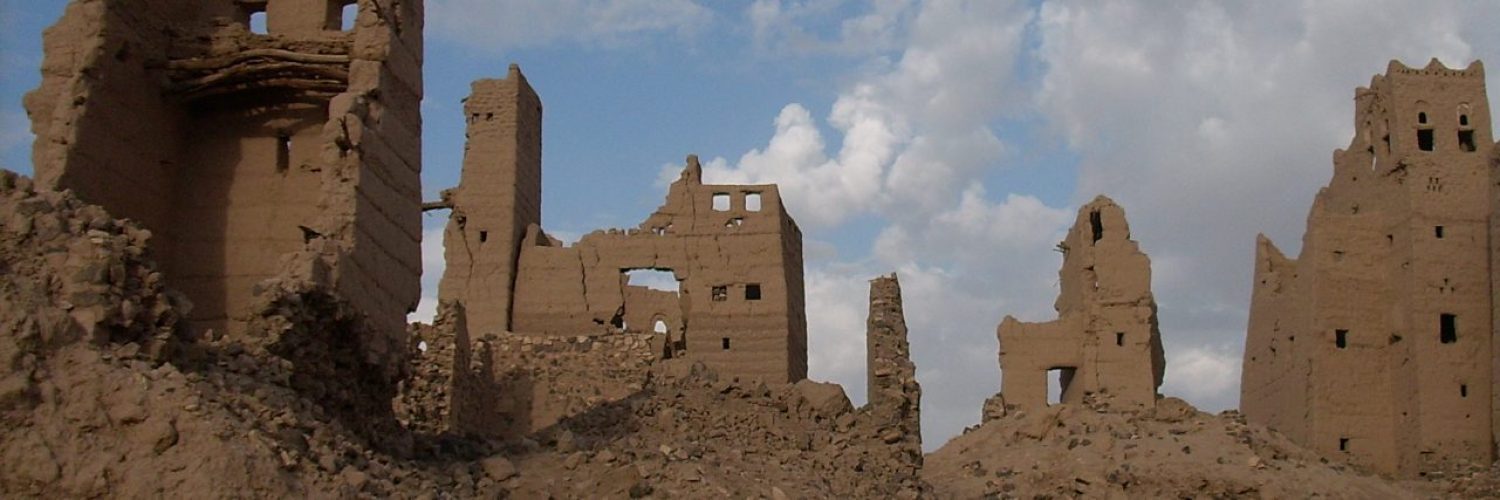
I’m absolutely exited to be a presenter at „Violence, Space, and the Political“ at the National University of Ireland, Galway!
My Contribution to „Violence Space and the Political“ at the NUI in Galway, Ireland
Recently, academic attention has been drawn to the successful challenge of the nation state’s territorial and socio-political integrity by rebel groups of varying couleur and in remarkably differing contexts. By presenting and realizing “alternative modes of governance” some of these groups have emerged as de-facto contenders for the “monopoly of violence” of the state and its representatives on the respective territory which manifests in nothing less than “multiple sovereignties” (Aya 1979, p.40) in the socio-political space concerned. Intriguingly, these groups have regularly been making use of pre-existing socio-political disparities, cleavages and competing identity references to further their “alternative mode of governance”, whereas the rejection of physical and narrational state borders has been among of the most visible, but nonetheless complex features of spatial claims to governance.
To further illuminate the challenges to the spatial manifestation of existing political communities through violence and narrations of violence, the proposed paper focuses on the case of the self-proclaimed “Caliphate” of the Jihadī-Salafist group Daesh[1].
Daesh’s representations have been framing the group’s actions to claim and change the existing border regimes through violence as deliberate acts of (cultural) self-determination and as a narrative of recreation of the unity of the ummah, the global community of Muslims. However, and curiously so, the destruction of the physical border was not paralleled by a truly alternative spatial concept to safeguard its claim to socio-political control. Rather, Daesh mimicked the conventional practices of political order and rule to redefine the inside/outside (R.B.J. Walker 1992; 2010) of its body politic and the “hostile other”. The paper aims to analyze the correlation of the two processes, the challenge/destruction of “the old” and the creation/performance of “the new” physical and narrational lines of demarcation, and to critically examine this interconnectedness as a potentially necessary condition for the group’s ability of spatially defined, socio-political rule during the short life of the so-called “Caliphate”.
[1] Daesh: Acronym of al-dawla al-islāmīya fīl-ʿirāq wa al-shām, Islamic State in Iraq and the Levant.
Who? Power, Conflict, and Ideologies Research Cluster. School of Political Science and Sociology
When? 7-9 June 2018
Where? National University of Irland, Galway
What? Programme Draft

Antworten